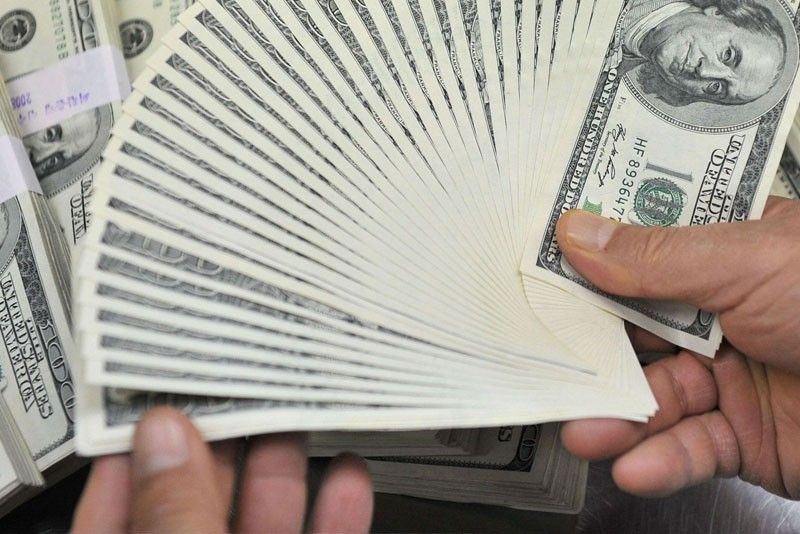Philippines: BSP sees more FDI, hot money due to BBB
MANILA, Philippines — The strong macroeconomic fundamentals and government’s massive infrastructure build up is seen helping the Philippines survive external shocks through higher investments, the Bangko Sentral ng Pilipinas (BSP) said.
BSP Deputy Governor Diwa Guinigundo said the strength of the country’s economy is anchored not only on foreign direct investments (FDIs), but also on foreign portfolio investments or hot money.
“I think the continued strength of the Philippine economy, particularly output in the government’s program towards infrastructure, would attract not only foreign direct investments, but also portfolio investments to ride the tide,” he said.
The Duterte administration is spending P8.4 trillion until 2022 for its massive infrastructure build up under the Build Build Build program.
The Philippines has booked 76 uninterrupted quarters of gross domestic product (GDP) growth. The GDP expanded 6.5 percent in the fourth quarter from the seven percent in the third quarter.
Economic managers penned a GDP growth of between seven and eight percent for the medium term.
Latest data from the central bank showed FDI inflows jumped 57 percent to $919 million in January from $587 million recorded in the same month in 2017. This was the highest in two months since reaching $990 million in November last year.
FDI inflows surged 21.4 percent to a record $10.05 billion last year from $8.28 billion in 2016, exceeding the $8 billion target of the BSP. For this year, the BSP sees FDIs rising to $8.2 billion.
On the other hard, the Philippines booked a net inflow of foreign portfolio investments of $749.43 million in the first quarter of the year, reversing the $567.53 million net outflow in the same quarter last year.
For this year, the BSP sees the Philippines booking a net outflow amounting to $900 million. Foreign portfolio investments or hot money are also called hot or speculative money because of its flighty nature.
The country booked a net foreign portfolio investment outflow of $205.05 million last year, reversing the net inflow of $404.43 million in 2016 as more capital were repatriated from the country due to the series of rate hikes by the US Federal Reserve, as well as the closure order on several mining sites.
“There are so many balls in the air on the expected normalization of monetary policy both in the US and Europe that will temper capital flows to emerging markets, including the Philippines,” Guinigundo said.
Inflows from FDIs, hot money, remittances, exports, tourism receipts as well as from the business process outsourcing (BPO) sector, help build up the country’s gross international reserves (GIR) that serve as buffer against external shocks.
For this year, the BSP sees the GIR level thinning to $80 billion, equivalent to 7.5 month’s worth of imports of goods and payments of services and primary income.
The country’s GIR stood at $80.13 billion in end-March, enough to cover 7.8 months’ worth of import of goods and payments of services and primary income.
Source: https://www.philstar.com/business/2018/04/30/1810641/bsp-sees-more-fdi-hot-money-due-bbb#iTGZmuQPpLxPA4Qu.99


 English
English




